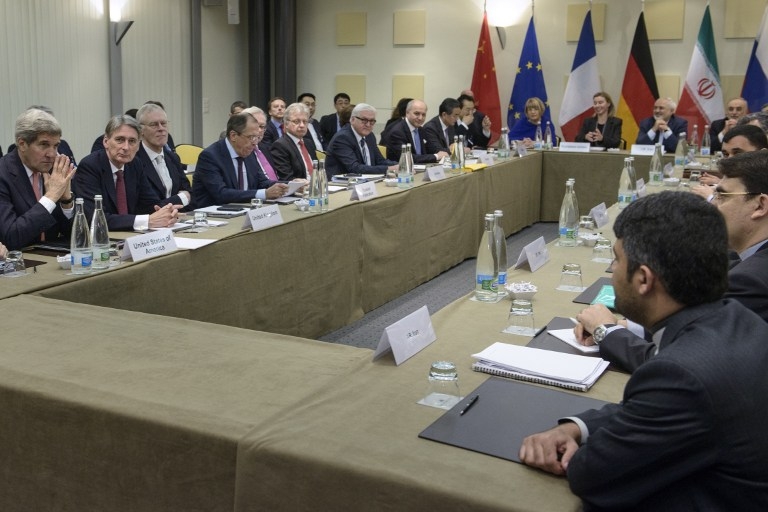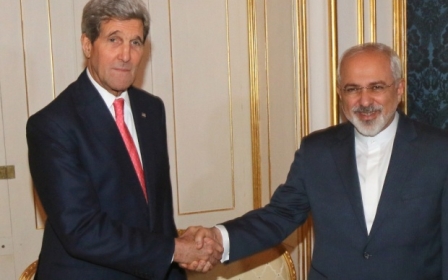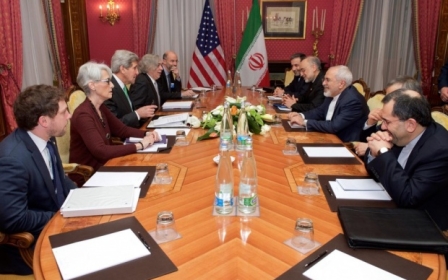Iran urges more active British diplomacy after Cameron win

A top adviser to the Iranian president called on Saturday for a more active British foreign policy in the Middle East after Prime Minister David Cameron's upset election victory.
The remarks by Hamid Aboutalebi, President Hassan Rouhani's deputy chief of staff for political affairs, come as six major powers, including Britain, seek a nuclear deal with the Islamic republic.
Aboutalebi complained that in the negotiations that led to a framework accord last month Britain had taken a back seat, and called for a more active role in the efforts under way to reach a full agreement by 30 June.
"British policy in the region and on the nuclear issue in recent years has been far from the capacities of that country and has been overshadowed by American policy," he tweeted.
"This is to Britain's disadvantage," he added, calling on Cameron to use his "decisive majority" to "increase efforts in the international arena and return to a more active role on the nuclear issue."
Aboutalebi's remarks were the first significant reaction from a senior Iranian official to Cameron's poll win in which he defied predictions to clinch a narrow majority without needing to rely on coalition partners, as he did in his first term of office.
The nuclear talks have sped a thaw in British-Iranian relations which plummeted in 2011 when a mob protesting against Western sanctions ransacked the embassy in Tehran. It has yet to reopen.
Britain is one of the five veto-wielding permanent members of the UN Security Council but during the nuclear talks it has made far fewer public statements than either France or Russia, let alone the United States.
Aboutalebi called for greater British engagement with Iran.
"The US in regard to the Iranian nuclear issue has chosen pragmatic interaction," he tweeted. "Britain should also start a change and interact with Iran."
New MEE newsletter: Jerusalem Dispatch
Sign up to get the latest insights and analysis on Israel-Palestine, alongside Turkey Unpacked and other MEE newsletters
Middle East Eye delivers independent and unrivalled coverage and analysis of the Middle East, North Africa and beyond. To learn more about republishing this content and the associated fees, please fill out this form. More about MEE can be found here.




